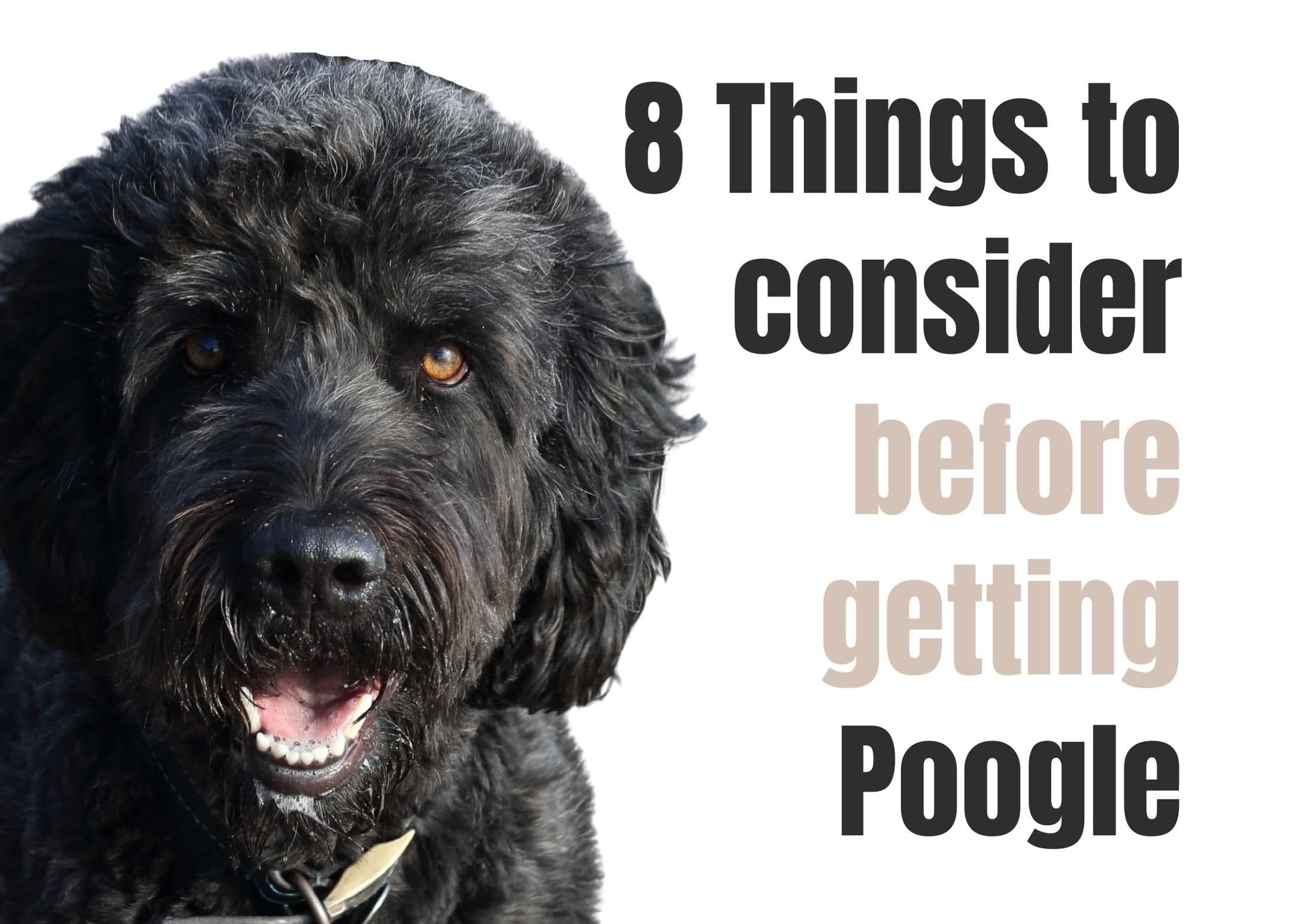8 Key Facts to Know About the Poogle

Thinking of bringing a Poogle into your life? Great choice — these playful, affectionate pups are a mix of two smart and lovable breeds: the Poodle and the Beagle. I’ve met a few Poogles over the years (especially during my time fostering and volunteering), and they’re definitely a fun combo. But as with any dog, they’re not one-size-fits-all. Let’s get into what you really need to know about living with a Poogle.
First off: Poogles aren’t purebred — and that’s okay
Poogles are a designer mix, not a pure breed. That just means there’s a bit more variety in how they turn out — especially when it comes to their coat and size — but their temperament tends to be pretty consistent: energetic, friendly, and smart.
If you’re getting a Poogle from a breeder, make sure they’re reputable. Ask for health clearances on the puppy’s parents. Mixed breeds can still inherit health issues from either side, and you want to give your pup the best start possible.
Size: Small-to-medium, depending on the Poodle parent
Most Poogles end up between 13–20 inches tall and weigh around 11–25 pounds. That makes them a comfortable size for most homes — big enough to enjoy long walks, small enough to curl up on the couch.
A lot depends on whether the Poodle parent was a Miniature or Medium. Either way, you’re getting a dog that’s pretty manageable in size.
Coat: A wildcard — but usually low-shedding
This is where things get interesting. Poodles have curly, low-shedding coats that are great for people with allergies. Beagles, on the other hand, have short, double-layered coats that shed more than you’d expect.
Your Poogle could go either way — curly and low-shed, short and denser, or something in between. In general, most Poogles don’t shed heavily, but you’ll still need to brush them regularly to prevent matting or tangles, especially if they inherited more of that Poodle coat.
Grooming needs will vary, so be ready for anything from basic brushing to regular trims.
Energy: High! These pups need a good workout
Poogles are a bundle of energy. Both Poodles and Beagles are active breeds, so it’s no surprise these mixes need daily exercise — ideally at least an hour or more of walking, playtime, or running around in a yard or park.
If you live in an apartment, that’s okay — just be prepared to make the dog park your second home. A bored Poogle is a destructive Poogle. Mental stimulation is just as important as physical — puzzle toys, scent games, and training sessions go a long way.
Training: A dream for first-time dog owners
These dogs are smart and eager to please. Start training early, and you’ll be amazed at how quickly they pick things up. They’re not stubborn like some other breeds — they genuinely want to make you happy.
That said, stay consistent. Their Beagle side can bring out a bit of independence, but overall, Poogles are very responsive.
Temperament: Sweet, affectionate, and all about their people
Poogles are total lovebugs. They bond deeply with their families and do well in households of all sizes — from singles to big families with kids. They’re not lapdogs, but once they burn off their energy, they’re happy to snuggle up with you.
One thing to watch for: separation anxiety. These dogs don’t like being left alone for long stretches. If you work long hours away from home and don’t have someone to check in mid-day, a Poogle might not be the best fit.
Social life: Friendly with humans and dogs, sometimes chasey with cats
Poogles are typically very social. With early socialization, they’re great with new people, kids, and other dogs. They’re not known for aggression.
Cats and smaller pets can be trickier — the Beagle’s hunting instinct may kick in. But with slow introductions and supervision, many Poogles adjust just fine.
The noise factor: Expect some howling and chatter
Beagles are known for their baying, and Poodles aren’t exactly quiet either. So yes, your Poogle will likely be vocal. They’ll bark to alert you, to express excitement, or just because they feel like chatting.
Training helps, but you probably won’t get a silent dog. Something to consider if you’ve got close neighbors or a sensitive household.
Health: Generally good, but do your homework
Poogles tend to be sturdy and can live 10–15 years, sometimes longer. Still, like all breeds, they can be prone to certain health issues — especially if bred irresponsibly.
Some things to watch for include:
- Hip dysplasia
- Addison’s disease
- Ear infections (especially with floppy ears)
- Heart conditions
Always ask breeders for health info on the parents, and get regular vet checkups. A healthy diet, plenty of exercise, and clean ears will go a long way.
Bottom line? If you’re looking for a smart, affectionate, and active dog that thrives on attention and loves being part of the family, the Poogle is a solid choice. Just be ready to meet their energy needs and give them the companionship they crave.
And if you're lucky enough to get one with a low-shedding coat? That’s just the cherry on top.
